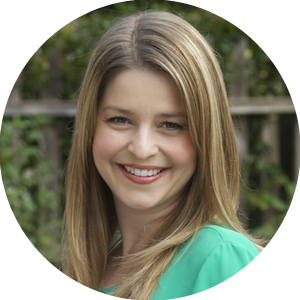Myers and Briggs' theory of personality typing is based on a few key principles which are important to understand when working with this theory.
Personality Types Versus Personality Traits
The Myers and Briggs system is an example of a type theory of personality. It asserts that, just as a person orients toward left or right handedness, so they orient toward one (and only one) of the 16 possible personality types. The results of the Myers Briggs Type Indicator® are designed to be either/or: you’re either an INFP, or you’re another personality type.
This is not truly an accurate way of describing personality and more recently, psychologists have shifted away from type theory in favor of trait theory. The main objection to typology is that it places people in discrete and potentially arbitrary boxes, when there are in fact an infinite number of places on the four dichotomies where individuals could fall. It makes sense that an ENTJ with very strong “E” and “J” tendencies is going to exhibit different real-world behavior to an ENTJ who sits near the center of the E/I and J/P scale, for example.
Although Myers and Briggs' MBTI® assessment was strictly focused on sorting people into one of the 16 personality types, some recently developed assessments based on their theory open up our view of personality by showing where, exactly, the test-taker sits on each of the four scales. This moves personality typing away from strict categorizations and towards a deeper understanding of personality traits as fluid and suggestive, with great variance within the same universal personality “types.” Approaching assessment in this way allows us to see a test as a starting point for understanding which styles might be dominant, rather than an absolute description of personality.
Nature, Not Nurture
Today, we understand that personality is about half nature and half nurture. Briggs and Myers, on the other hand, believed that personality is ingrained and does not change over time. According to Myers and Briggs, the strength of your preferences may shift as you have life experiences and adapt to new situations and environments, but the preferences themselves remain the same. The static nature of personality remains a core basis of Katharine Cook Briggs’ theory.
Each Type is Equally Valid
The Myers and Briggs system regards each of the 16 psychological types as equally valid. No one type is better than another and type, in and of itself, does not predict success or failure. Any type can do any job, for example. However, some careers will feel more comfortable to individuals with certain preferences.
Not Predictive of Behavior
The MBTI® assessment itself is a self-report measure, relying on the assumption that every person knows himself best. There are no right and wrong answers, no pass/fail and no benchmarking against norms. The MBTI® does not assess intelligence, aptitude, skill or normalcy. It is not intended to stereotype or pigeonhole anyone but offer a typical experience for each type—how someone works and why others are different. It does not predict how someone will ultimately behave.


